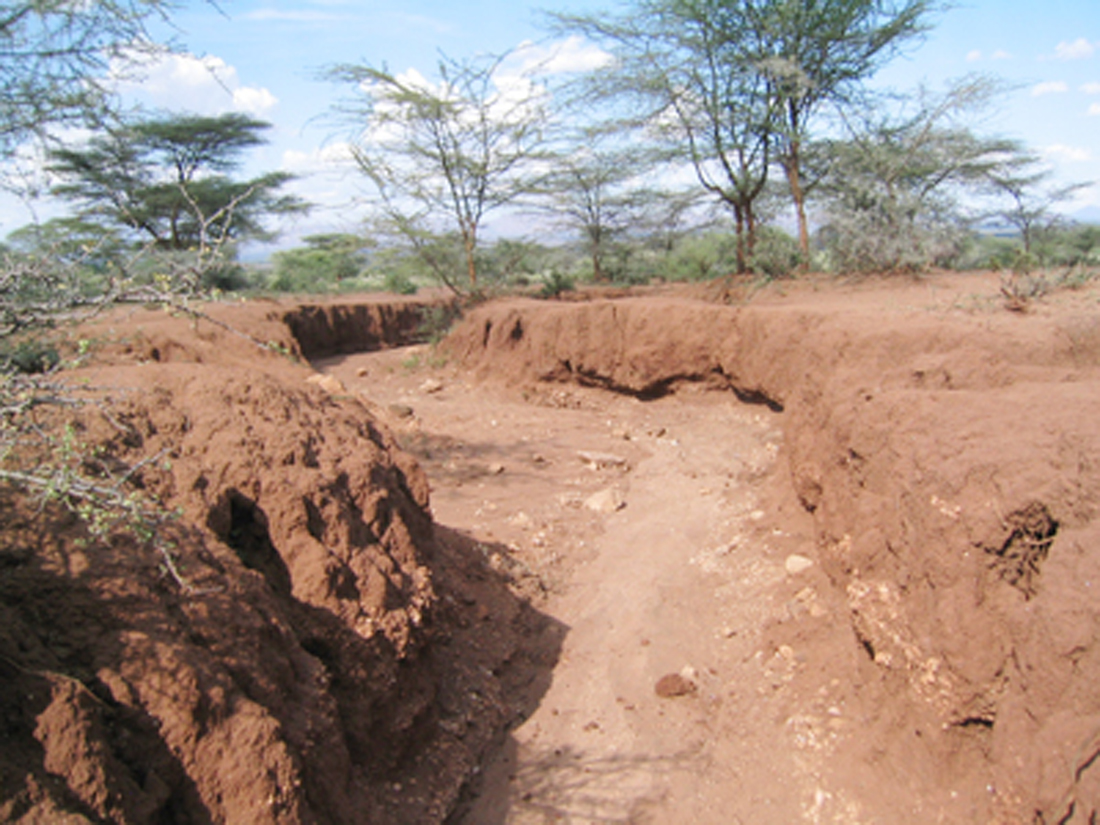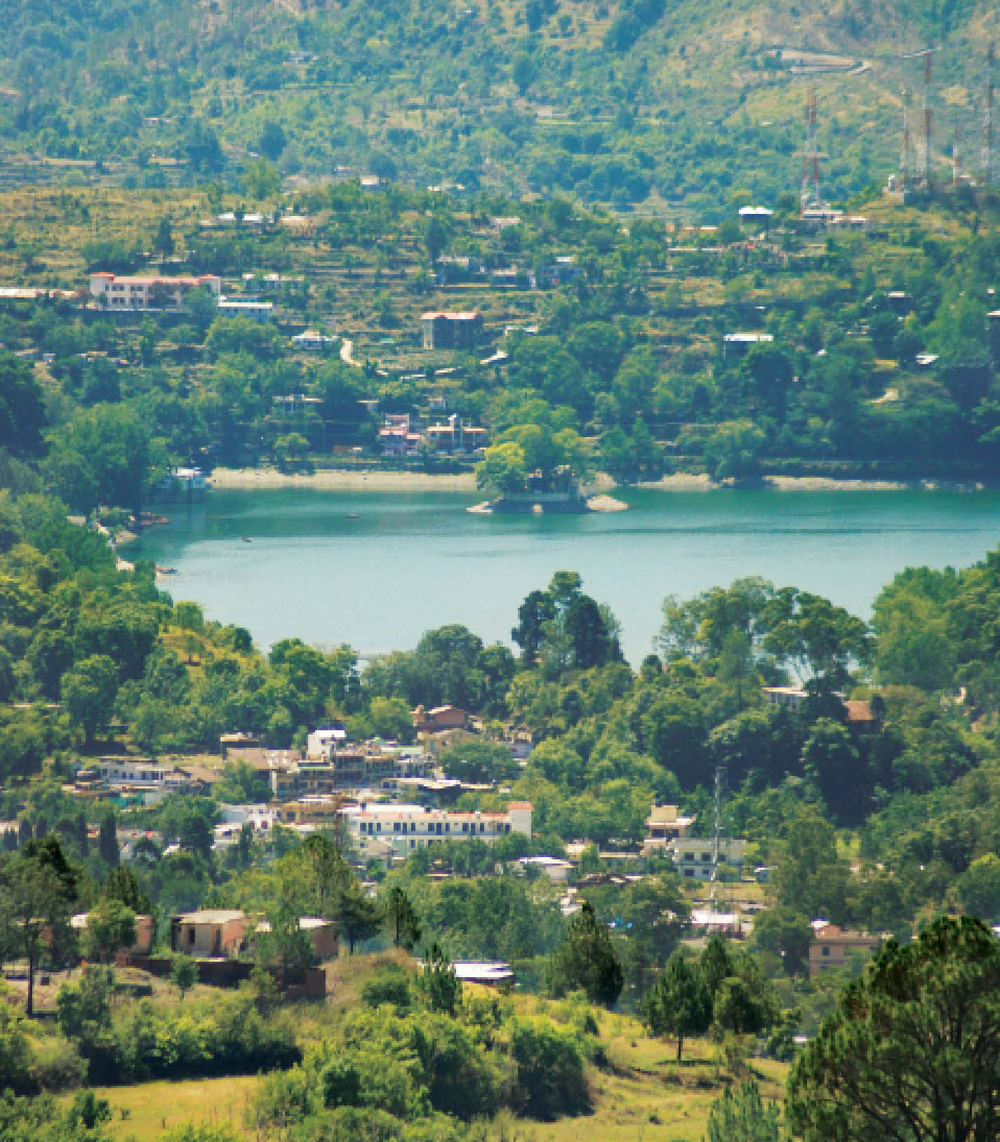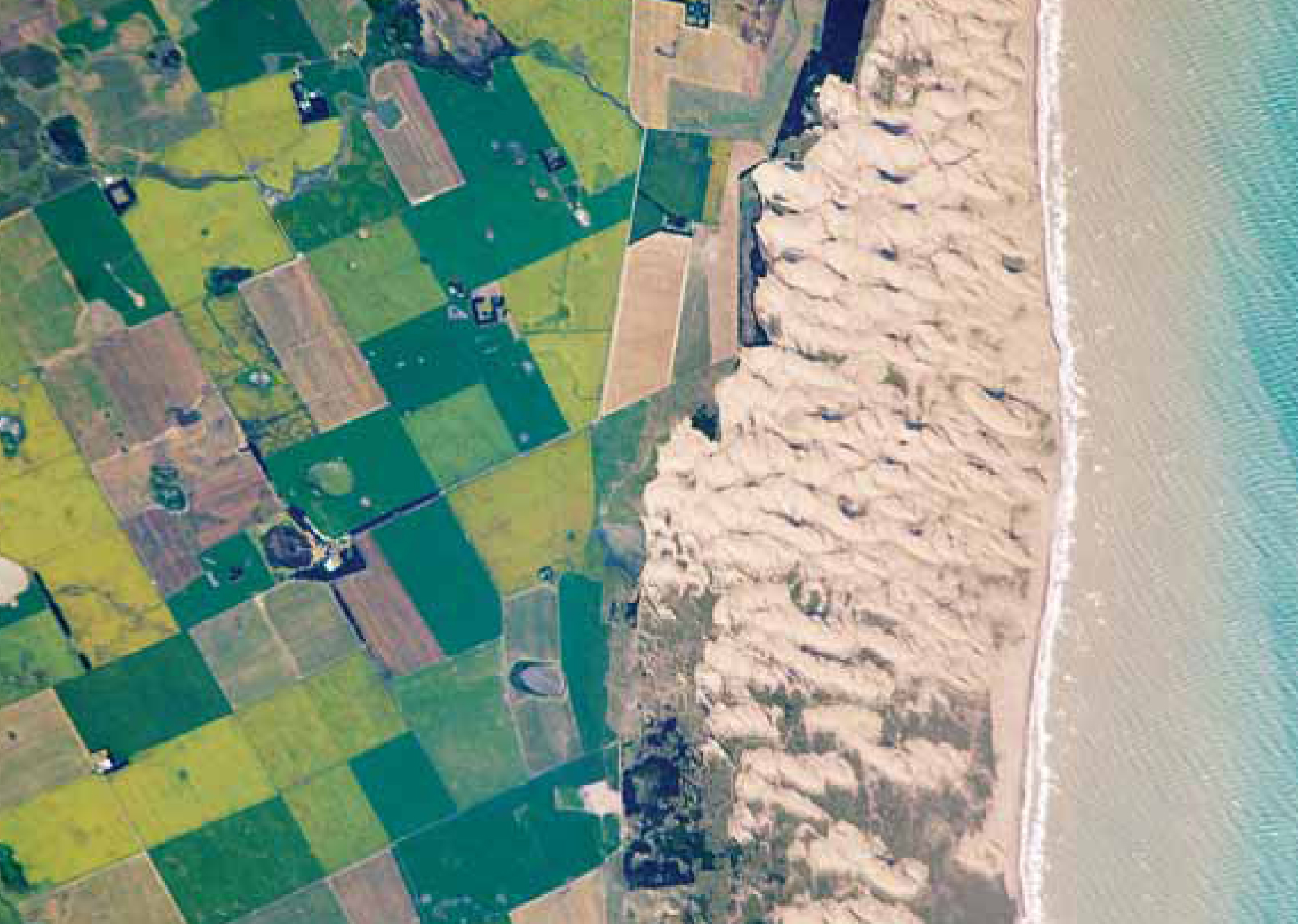Food Security and Decentralisation in a Changing Climate-an African Case Study



India is set to embark on a new chapter in its Polar exploration journey with the construction of Maitri II. The Indian government plans to establish a new research station near the existing Maitri ba...
.png )
The Deep Ocean Mission (DOM), approved by the Government of India in 2021 under the Ministry of Earth Sciences (MoES), represents a strategic step in realizing Sustainable Development Goal 14 (SDG 14:...

China recently announced restrictions on the export of seven rare earth elements (REEs), soon after US President Donald Trump decided to impose tariffs. As the world's dominant supplier—responsible fo...
Environmental change is affecting food security, particularly for small farmers living on the margins. It is estimated that worldwide around 850 million people are chronically hungry and six million c...
The problems in cities seem to be getting worse faster than improvements from planning strategies. Sustainability for cities means reducing the ecological footprint whilst simultaneously improving the...
Adding a spatial component to the new integrated research will help to manage not only the resources on the earth but also the earth systems.
Environmental change is affecting food security, particularly for small farmers living on the margins. It is estimated that worldwide around 850 million people are chronically hungry and six million children presently die of hunger every year. Of the 800 million undernourished individuals worldwide, over 60 per cent are in Asia and 28 per cent in the African continent.

The problems in cities seem to be getting worse faster than improvements from planning strategies. Sustainability for cities means reducing the ecological footprint whilst simultaneously improving the quality of life.

Adding a spatial component to the new integrated research will help to manage not only the resources on the earth but also the earth systems.
